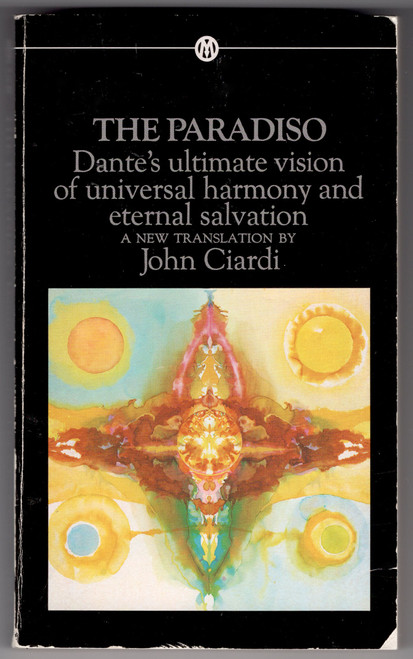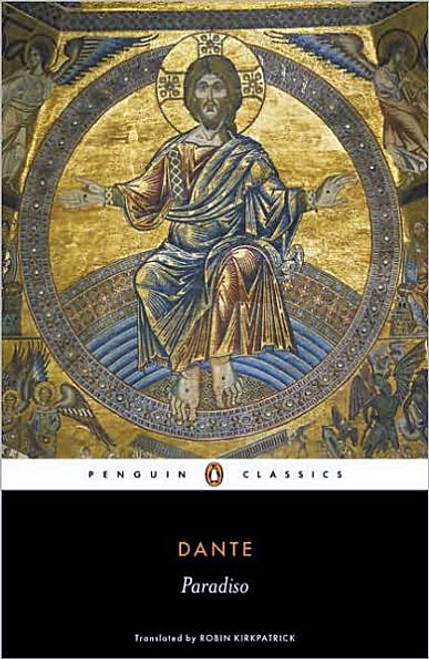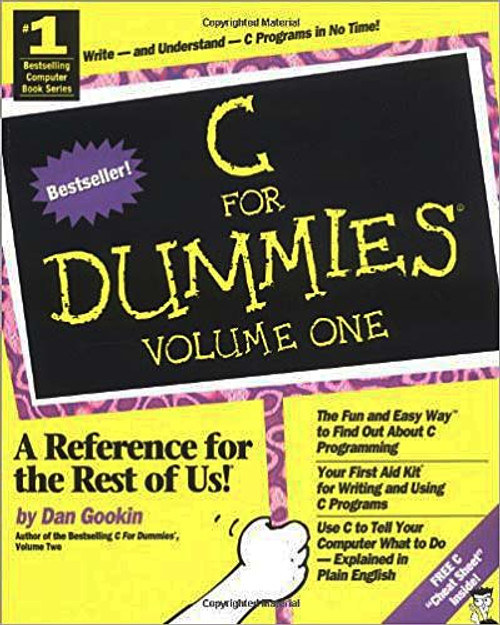John D. Sinclair's three-volume prose translation of Dante's Divine Comedy should prove to be an invaluable source of pleasure to those English readers who would read this great medieval classic with understanding. The original Italian text and the Sinclair translation are arranged on facing pages, and the commentaries, brilliant examples of genuine literary criticism, appear after each canto.
In his Preface to the Inferno, Mr. Sinclair outlines the scope of his task: "I have tried to serve readers who have little or no knowledge of Italian and who wish to know the matter of Dante's poem. The requirements of some to whom the whole medieval outlook is strange and many of the classical references unfamiliar may excuse the number and the simplicity of the annotations, which are intended merely to make the narrative intelligible. In these I have erred, like the warder of the gate of Purgatory, 'rather in opening than in keeping locked'."
Editorial Reviews
"Sinclair's commentary shows his complete awareness of the extraordinary beauty of Dante's lines...and is remarkable for its concentration on the poem as an expression of Dante's own spiritual history. There is hardly a single beauty of detail to which he does not draw attention with an apt remark on its particular significance."--Times Literary Supplement
About the Author
Dante Alighieri, or simply Dante is one of the greatest poets in the Italian language; with the comic story-teller Boccaccio and the poet Petrarch, he forms the classic trio of Italian authors. Dante Alighieri was born in the city-state Florence in 1265. He first saw the woman, or rather the child, who was to become the poetic love of his life when he was almost nine years old and she was some months younger. In fact, Beatrice married another man, Simone di' Bardi, and died when Dante was 25, so their relationship existed almost entirely in Dante's imagination, but she nonetheless plays an extremely important role in his poetry. Dante attributed all the heavenly virtues to her soul and imagined, in his masterpiece The Divine Comedy, that she was his guardian angel who alternately berated and encouraged him on his search for salvation.







